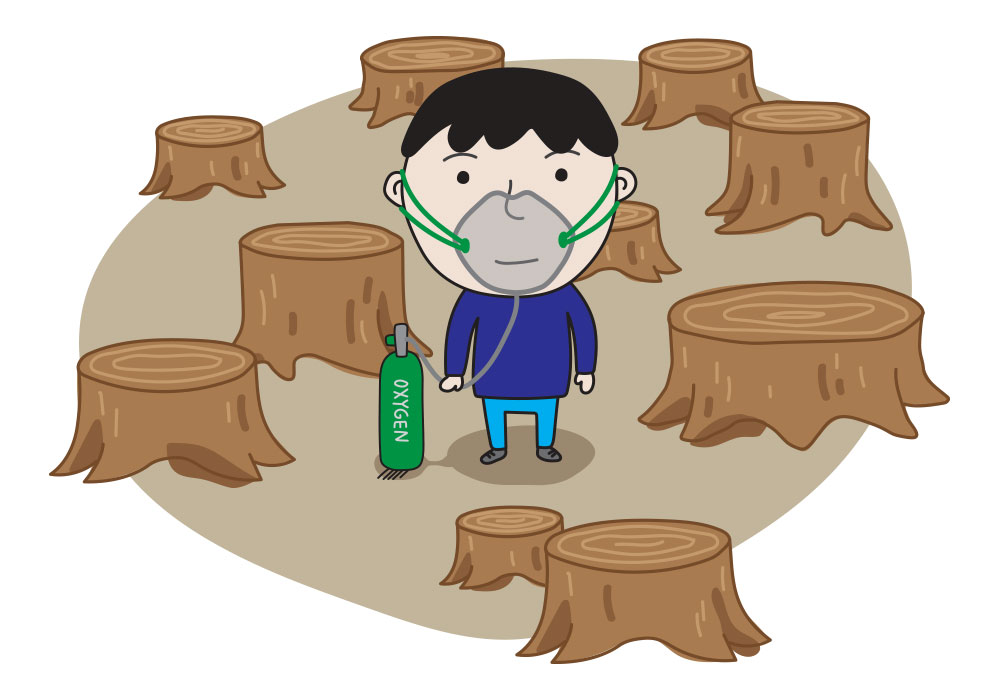1) A steward of the land; an environmentalist.
2) A student of the workings and interactions in an ecosystem and its insects, plants, animals and microorganisms; a person who shapes their behaviors to complement—as opposed to fight against or destroy—the workings of a habitat and ecosystem.
3) A person who understands the interactions between the microorganisms in the soil and the plants that grow in it—and understands the impact of his or her actions on the ecosystem.
4) A person dedicated to the health and vitality of the soil and the microorganism and bacteria found in it and which together contributes to the soils ability to grow food.
5) A person who understands how to improve the fertility of the soil without the application of factory fertilizers; a steward of the planet’s soil; a person who understands that soil fertility and quality is important for sustaining life on the planet.
6) A person who sees the insects, microorganisms, grazers as all complementing his efforts to grow food; a person who sees these things as being necessary to a habit.
This understanding stands in contrast to the views and practices of industrial-scale growers and conventional industrial agribusinesses who do not wish to complement and cooperate with existing systems and species on land being used to grow food and do not see soil as possessing a web of insects and microorganisms that allow plants to absorb nutrients. Industrial-scale growers—and the practices they employ—are the enemies of habits and the species who occupy them.
Practices of biodynamic farmers include crop diversification, the minimization of soil inputs obtained outside the farm, the fostering of species biodiversity, the growing of perennials, the use of cover crops and nitrogen fixing crops, growing crops appropriate to the existing soil conditions and climate, and the avoidance of monocultures and pesticides, herbicides or other factory soil amendments.
